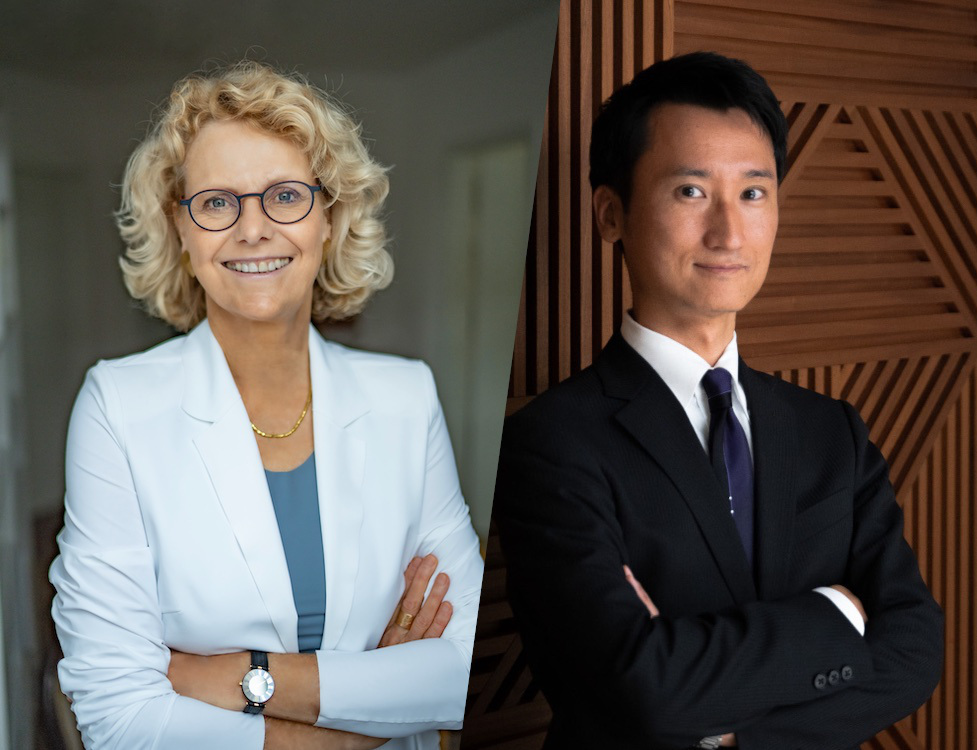Emotional Link LLC has released an interview article with Professor Ulrike Schaede, University of California San Diego, on “Common Traits Seen in Successful Japanese Companies.” The article, which is available on the Emotional Link LLC website, specifically targeting business professionals and students aspiring entrepreneurs who research companies from various countries to find successful models, delves into globally successful Japanese companies and their factors.

When it comes to the Japanese economy, many people may hold a negative impression, often referring to the period post-bubble burst as the “Lost 30 Years,” characterized by long-standing stagnation. However, shifting the perspective, Dr. Schaede suggests that the stagnation in the Japanese economy is the result of a tradeoff between slower change and social stability. For example, while Silicon Valley exhibits rapid economic growth, it also experiences issues such as unemployment, social instability, politics being unstable, and so forth, which can be seen as the cost of speed.
Furthermore, Dr. Schaede states that what is common among Japanese companies that have emerged under such Japanese economic conditions and succeeded in the global economy is not their size but rather their possession of technology, strategy, and adaptability. Dr. Schaede calls the strategies operated by its companies “Mainoumi Strategy”, likened to “Mainoumi” who is the popular sumo fighter who fought valiantly using diverse techniques despite his small stature. She expresses the view that such strategies are essential for small-scale enterprises to thrive in the global economy.
This article will provide business leaders and students aspiring entrepreneurs with a positive perspective on the Japanese economy and introduce Japanese companies that can serve as role models, offering insights for shaping future business models.
Ulrike Schaede is professor at the UC San Diego School of Global Policy and Strategy (GPS). Schaede’s research focuses on Japanese business organization, strategy and management. She has been invited as a visiting professor to Hitotsubashi University, as well as the research institutes of the Bank of Japan, Japan’s Ministry of Finance, Japan’s Ministry of Economy, Trade and Industry, and the Development Bank of Japan. She has also been a visiting professor at the UC Berkeley Haas School of Business, the Harvard Business School and Stanford University. She is the author of “Shin Nihon no keiei: hikanteki baiasu o haisu” (2024, in Japanese only). Her 2020 book, “The Business Reinvention of Japan: How to Make Sense of the New Japan and Why It Matters,” won the 2021 Masayoshi Ohira Memorial Prize from Japan, as well as the 2021 U.S. Axiom Business Book Award (silver medal, “Economics”). It was translated into Japanese as “Saikō THE KAISHA” (2022). She is also the co-author of “Creating Ambidextrous Organizations: Exploration and Exploitation for Overcoming Inertia (2020) (in Japanese only).
The interview article is available here:
The Key to Seizing the Moment for Japan is the “Mainoumi Strategy”

